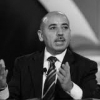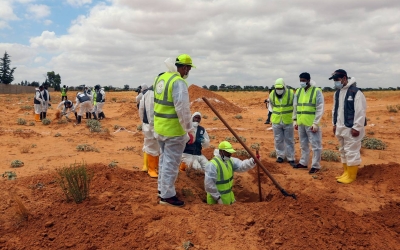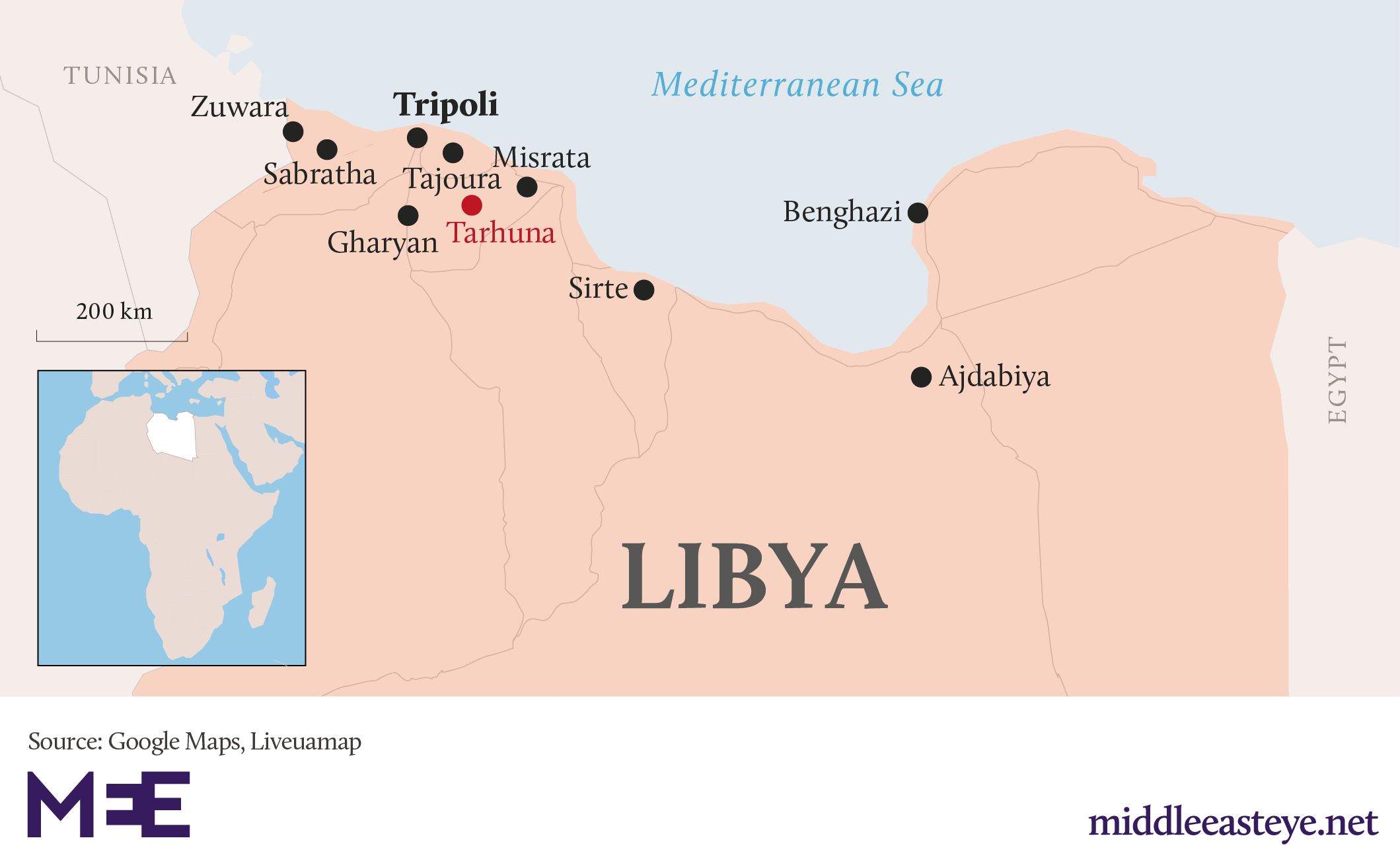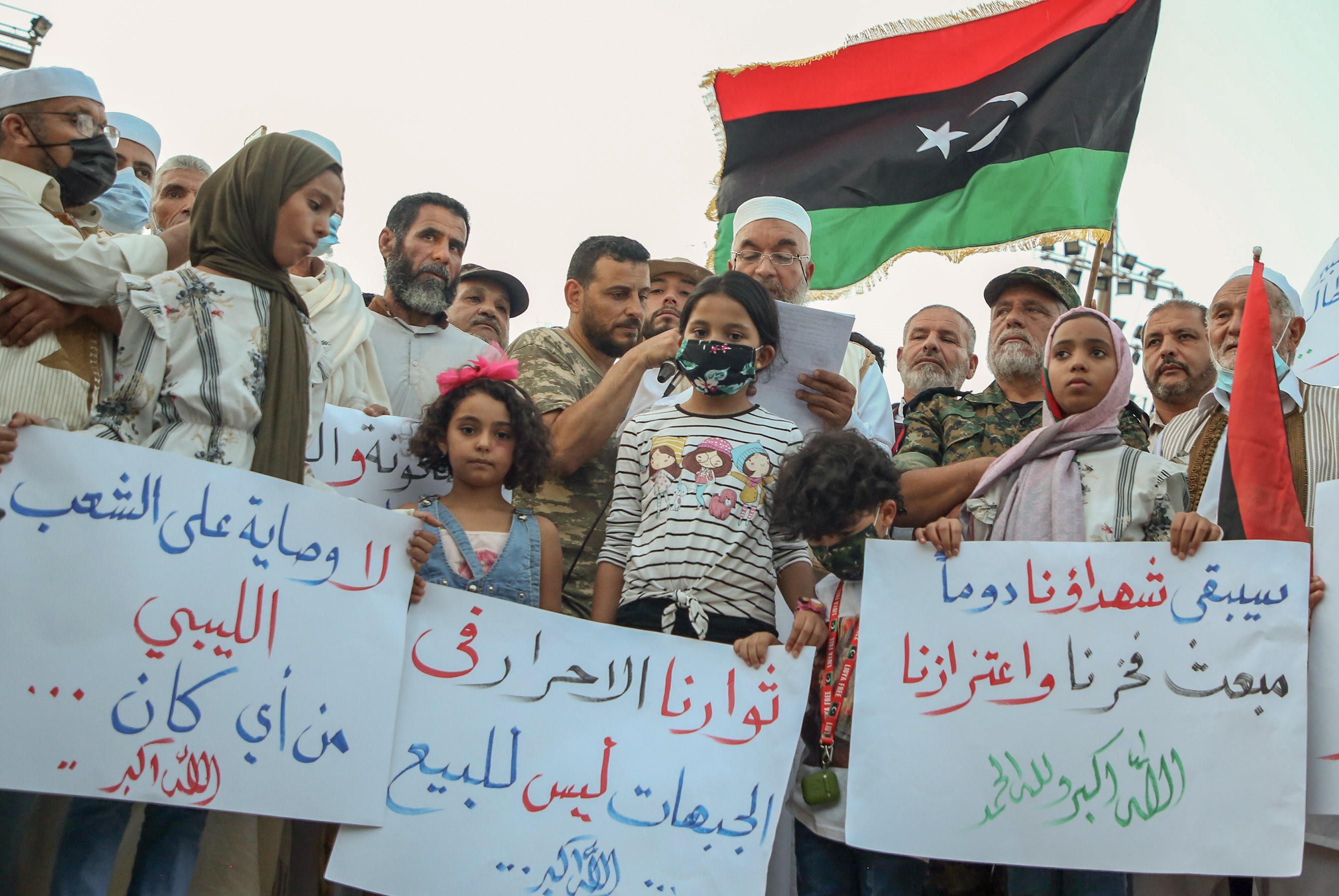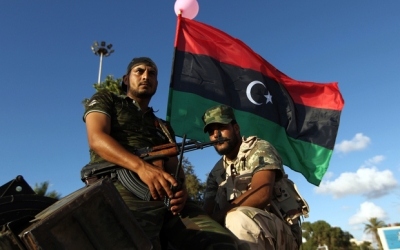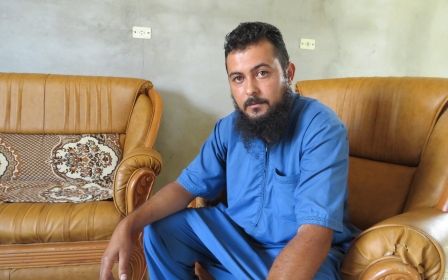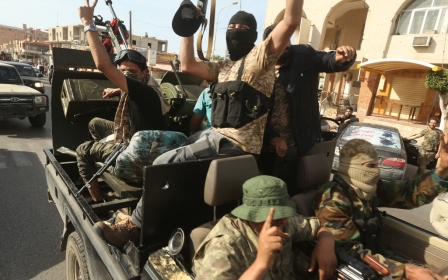Libya crisis: Why prospects for peace in 2021 are higher than before
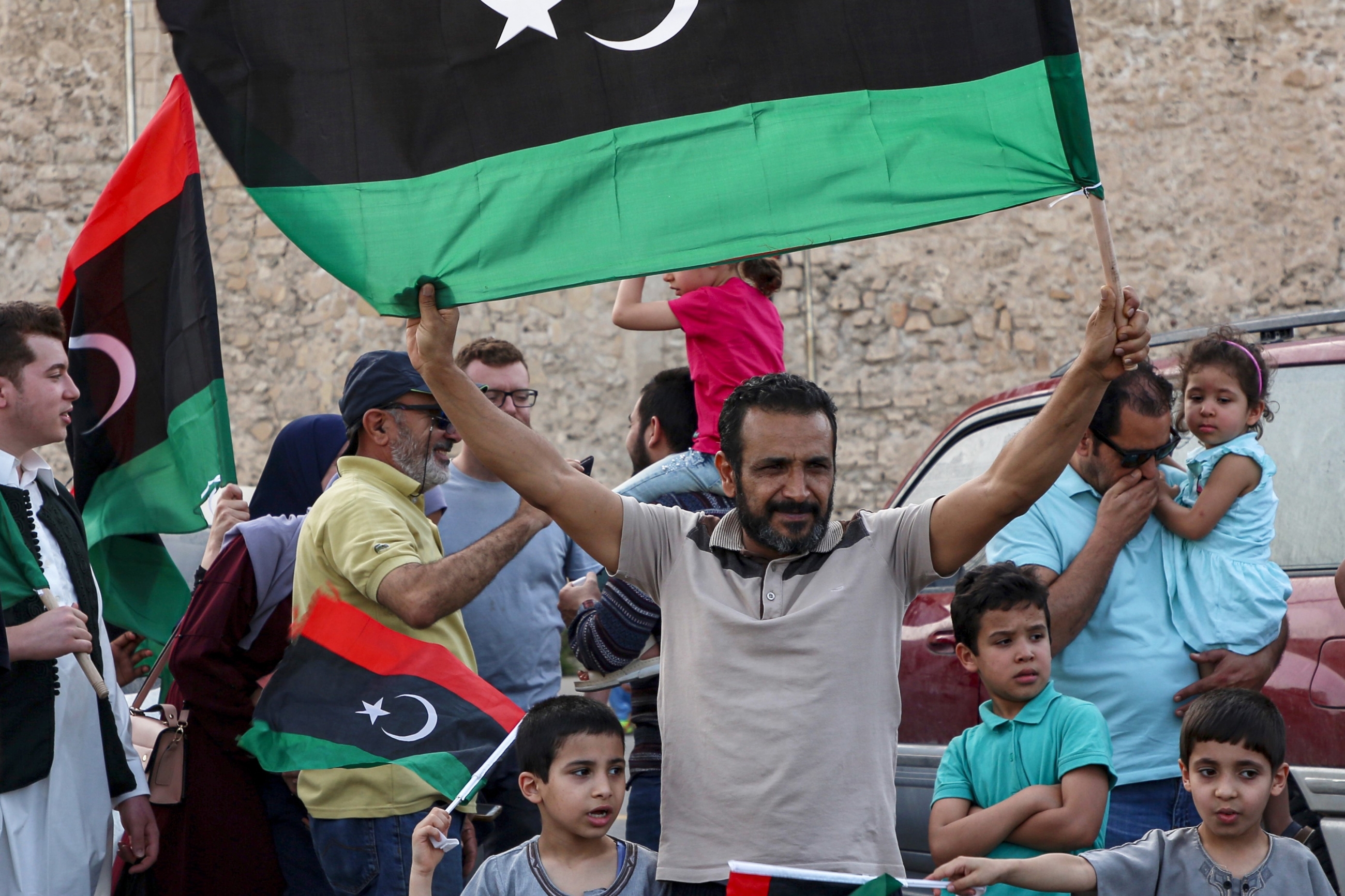
Libya began 2020 with a full-blown war, as a result of the now failed military offensive by Khalifa Haftar, eastern commander of the self-styled Libyan National Army (LNA), which he launched on 4 April 2019.
After several years of the Libyan conflict, which reached its peak with the onslaught by Haftar's militias on Tripoli, what are the prospects for peace in Libya and can a long-lasting political solution finally be achieved in 2021?
A lasting peace?
Lasting peace in Libya is directly linked to foreign interference in the conflict. Countries such as the United Arab Emirates, France, Egypt and Russia have continuously fuelled the war by supporting Haftar's attempted coup unabated, which means a political solution will be difficult to achieve unless there is a genuine will and alignment by the international community to stop this illegal intervention.
The dynamics of the conflict changed dramatically in 2020, after Turkey and the UN-backed Government of National Accord (GNA) Maritime and Military MoU agreements were signed in November 2019, allowing vital Turkish military support to reach those fighting against Haftar's militias and foreign-backed mercenaries.
Turkey's military support significantly altered the balance of power in favour of the UN-backed GNA, with GNA forces reclaiming key territories in the west of Libya, including the strategically important al-Wattiya Airbase, as well as the city of Tarhuna, with Haftar's militias and UAE-funded mercenaries retreating some 500km eastwards to the Sirte-Jufra line.
The retaking of Tarhuna by GNA forces revealed horrific war crimes and mass graves left behind by Haftar's fighters, with human rights reports indicating the infamous "Kaniyat" militias, who operate under Haftar's command, as responsible for those crimes.
Last month, the US imposed sanctions against Mohamed al-Kani and the Kaniyat militias, just days after Russia had vetoed a resolution for sanctions proposed at the UN Security Council.
The year 2020 also saw a crippling oil blockade imposed on Libya's oil exports, leading to $9.8bn in revenue losses, with exports only resuming recently after an eight-month blockade by Haftar's camp was lifted. The blockade was almost certainly backed by Haftar's foreign supporters, mainly the UAE and Russia, as a way of adding economic pressure on the legitimate government in Tripoli.
National dialogue
A nationwide ceasefire was declared in August by the rival camps, and an agreement was officially signed in Geneva in October, through the 5+5 military talks overseen by the UN. The ceasefire agreement has been fragile, and it remains to be seen whether key elements agreed upon, such as the removal of all mercenaries and foreign fighters within 90 days, will be implemented.
Russia's ability to entrench its military and political involvement in the Libyan conflict has been another major development in 2020
The political track led by the United Nations Support Mission in Libya (UNSMIL) also resumed, launching the Libyan Political Dialogue Forum (LPDF) in Tunisia in September 2020, with Fayez Serraj, head of the GNA, declaring his intention to resign and hand over to a new leadership, to be chosen by the LPDF by end of October.
However, that new leadership is still elusive, and talks have thus far failed to reach consensus on a new unified executive body, so expectations are that Mr Serraj will stay on until a political agreement can be reached.
The announcement by the LPDF that national elections will be held across Libya on 24 December 2021 has boosted prospects for peace, and has also triggered a revival of attempts to unite the current House of Representatives (HoR), Libya's divided legislative body that was elected in 2014.
Deliberations in Morocco that led to consultative sessions in the city of Ghadames in Libya are yet to lead to reunification and reform of the HoR, casting further doubts and adding complications to the direction of UN-led political talks currently taking place.
2021 expectations
Another major development in 2020 has been Russia's ability to entrench its military and political involvement in the Libyan conflict, with no effective challenge or serious concern from the USA, the EU and the international community. The EU has been incoherent and inconsistent over Libya because of internal differences, which are becoming more apparent now that a key member, the UK, has left.
The EU has been inconsistent over Libya because of internal differences between Italy and France, with Germany pursuing its own diplomatic track
The main differences and rivalries within the EU have been between Italy and France, with Germany also pursuing its own diplomatic track through the Berlin conference initiative. However, US policy towards Libya in 2021 will most likely see a re-adjustment and shift under an incoming Biden administration, whereby a tougher stance is taken against Russia's military interference in Libya.
The expectations for 2021 are also that the military track (5+5) which produced the ceasefire agreed on in Geneva is most likely to hold, despite its fragile nature, as it is a reality now that Haftar no longer owns the decision to relaunch his war campaign, with Russia consolidating its grip over Haftar's military options in Libya and holding the military cards.
Another factor is that Russia will likely not risk a direct military confrontation with Turkey in Libya, given that Turkey is a key member of Nato. Russia will be more inclined to support a political outcome that may guarantee its overall interests in Libya, even without Haftar, who is known to be merely a proxy for them.
Two Russian nationals held in Tripoli since May 2019 on allegations of espionage were released this month, known to be a key condition for Moscow to improve its relations with the GNA.
Egypt, another key backer of Haftar, has also shown its willingness to support a political solution to the Libyan conflict, especially after reaching out to key stakeholders in the west of Libya. For the first time in six years, Egypt sent an official delegation last week to Tripoli to meet with GNA ministers and officials, paving the way for a return to normal diplomatic relations between Cairo and Tripoli.
Good news
The economic track may also provide some positive news for Libyans in 2021 and should lead to reunification of the Central Bank of Libya (CBL). Urgent economic reforms, such as unifying foreign exchange rates and strengthening the Libyan dinar, would significantly improve socio-economic conditions for the Libyan people.
Ten years on since Libya's revolution began, the prospects for peace in 2021 are higher than before, with hopes for completing the transition from dictatorship to a constitutional democratic state still alive.
A final political solution that will deliver peace and stability is very much dependent, however, on outcomes from the current UN-led political process, backed by a firm international will, given that the political track is the most intractable to resolve.
Holding fresh national elections across the country, which have been set by the LPDF for December 2021, provides the best chance for Libyans to unite their political and sovereign institutions, end the overall incompetence and failures of the status-quo and give Libyans a fresh start by freely choosing and electing new leaders.
The views expressed in this article belong to the author and do not necessarily reflect the editorial policy of Middle East Eye.
This article is available in French on Middle East Eye French edition.
Middle East Eye propose une couverture et une analyse indépendantes et incomparables du Moyen-Orient, de l’Afrique du Nord et d’autres régions du monde. Pour en savoir plus sur la reprise de ce contenu et les frais qui s’appliquent, veuillez remplir ce formulaire [en anglais]. Pour en savoir plus sur MEE, cliquez ici [en anglais].


